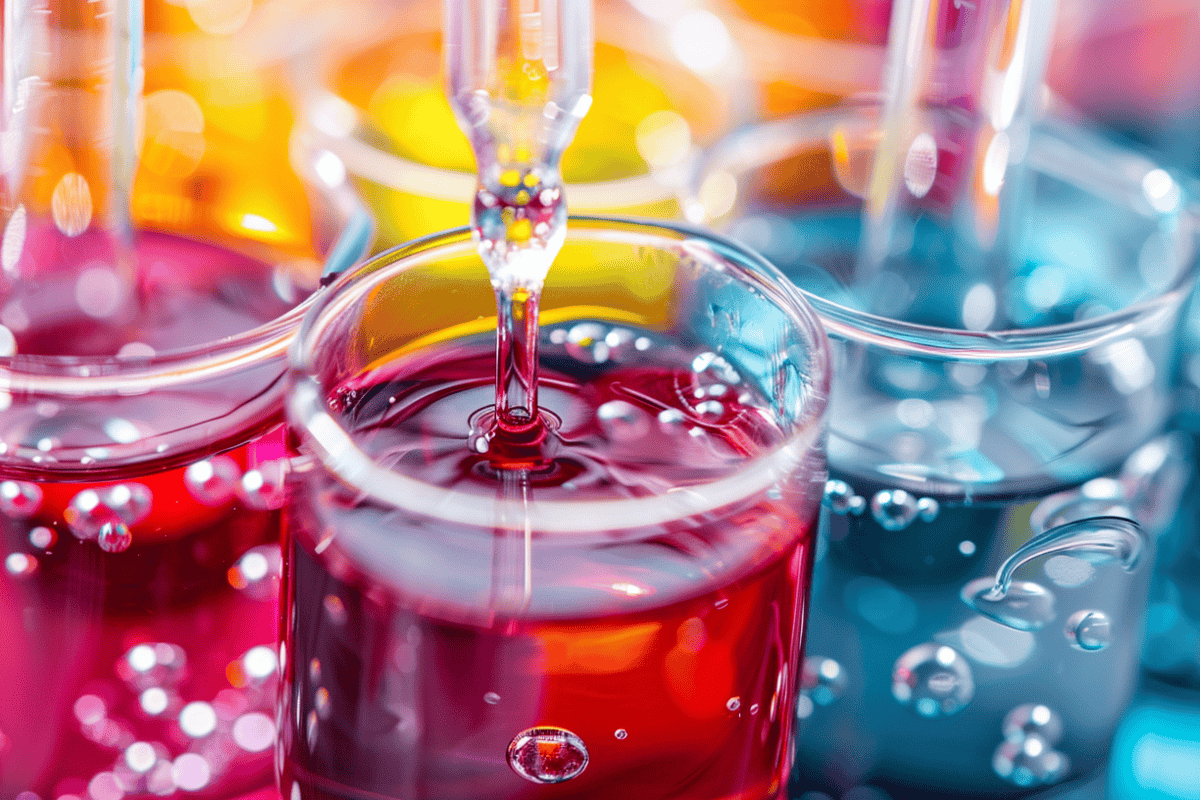Vitiligo is a complex condition in which people lose skin pigment and develop patches of lighter skin. Although the condition cannot be cured with dietary changes, it is recommended that people who have vitiligo consume healthy foods.
There isn’t a one-size-fits-all treatment for everyone with vitiligo. Similarly there isn’t a single diet recommended for everyone who has the condition.
Skin specialists suggest that people with vitiligo eat a healthy balanced diet that:
- Supports immune health
- Doesn’t trigger inflammatory responses
- Supports overall health through balanced nutrition
If you’re unsure of whether your diet is safe in terms of managing your vitiligo, you should speak with your treatment team or dermatologist.
Anti-Inflammatory Foods
Because vitiligo is believed to be an autoimmune condition, anti-inflammatory foods are sometimes recommended to decrease the body’s inflammatory response. Anti-inflammatory diets include:
- Antioxidant-rich foods, such as vegetables, fruits, nuts, and seeds
- Plant-based options
- Foods high in omega-3 (but lower in omega-6)
- Gluten-free foods
Dietary Supplements
People with vitiligo may benefit from supplementation. Some doctors will prescribe supplements in combination with other treatments for vitiligo — and not as a standalone treatment — to help stabilize the immune system.
Gingko biloba, an herb used in Chinese medicine, is one of the more studied supplements for vitiligo treatment. G. biloba has shown promise as part of a vitiligo treatment regimen. However, further studies and more data are needed to confirm this supplement’s benefits.
Exercise Caution With Supplements
Just because most dietary supplements don’t require a prescription or are labeled as natural, they aren’t necessarily all safe. Certain supplements and herbs, when combined with each other or with other treatments, may not be good for you. Some supplements should be avoided completely if you have vitiligo.
Your safest bet is to check in with your dermatologist and the rest of your vitiligo treatment team to make sure your diet is the best, most healthy one for your specific situation. These professionals are in the best position to tell you which foods to avoid and what you may want to consider adding to your diet.
Currently, there is no cure for vitiligo, but many options exist for treating the condition. Eating a healthy diet and maintaining good overall health may improve your overall treatment outcomes, but remember that diet alone is not an effective treatment for vitiligo.
References
- Treatments for Vitiligo
- Living with vitiligo
- Vitiligo Diet: Best Foods to Eat When You Have Vitiligo
- Treatment Options for Vitiligo
This post has been sponsored by MyHealthTeams
Nyaka Mwanza
Nyaka Mwanza is a freelance writer for MyHealthTeams. She completed a B.A. in Communications: Visual Media from American University and undertook post-baccalaureate studies in Health/Behavioral Communications and Marketing at Johns Hopkins University. Nyaka is a Zambian-born, E.U. citizen who was raised in sub-Saharan Africa and Jacksonville, N.C. However, she has called Washington, D.C., home for most of her life. For much of her career, Nyaka has worked with large global health nonprofits focused on improving health outcomes for women and children. Nyaka believes words hold immense power, and her job is to meet the reader where they are, when they’re there.


